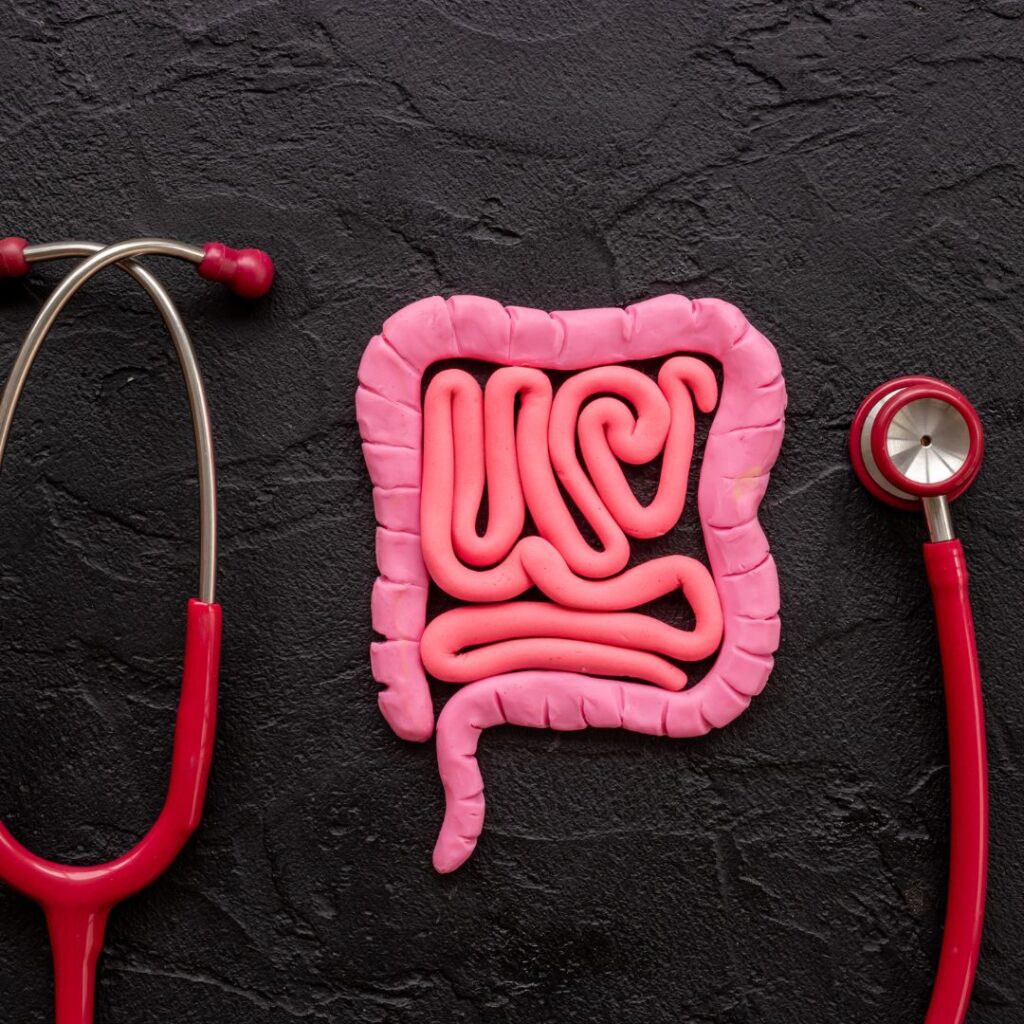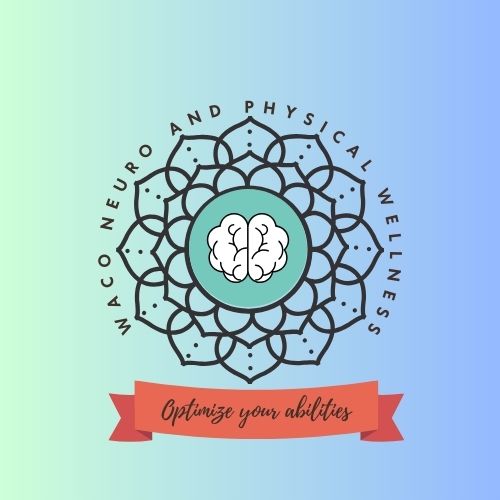The gut, also referred to as the digestive tract or gastrointestinal (GI) tract, encompasses various organs involved in the intake and processing of food, as well as waste elimination. This includes the mouth, esophagus, stomach, small intestine, pancreas, liver, gallbladder, colon, and rectum. However, when discussing gut health, the focus is primarily on the microbiome—the collection of trillions of bacteria residing mainly in the large intestine.
“Hence it matters“
Imagine the microbiome as the ecosystem within the large intestine, populated by countless bacteria. In fact, scientists say “the number of bacteria in the gut surpasses the stars in the Milky Way”.
Microbiome diversity is essential. Within this ecosystem, there exist both beneficial and harmful bacteria, collectively known as gut flora. Beneficial bacteria thrive on fiber, including both soluble and insoluble forms found in our diet, while harmful bacteria flourish on elements present in simple sugars and processed foods. Our body maintains a crucial symbiotic relationship with the microbiome: it absorbs these microorganisms, breaks them down during digestion, and subsequently produces compounds vital for our health. Therefore, while some bacteria may pose risks to our well-being and others offer benefits, the presence of both is necessary for optimal gut function.

What is GUT DYSBIOSIS?
Gut dysbiosis occurs when an imbalance in the microbial community residing in the gastrointestinal tract. Normally, the gut contains a diverse array of bacteria, viruses, fungi, and other microorganisms that play crucial roles in digestion, immune function, and overall health. However, when this balance is disrupted, it can lead to dysbiosis.

Why does Gut Dysbiosis occur?
Gut Dysbiosis can be a result of many underlying factors

Diet
Consuming a diet high in processed foods, sugars, and low in fiber can disrupt the balance of gut bacteria.

Stress
Chronic stress can negatively impact gut health by altering the composition of the gut microbiota.

Infections
Infections, such as those caused by parasites or harmful bacteria, can disrupt the balance of gut bacteria.

Lifestyle
Lack of exercise or poor sleep, can also contribute to gut dysbiosis.

Certain Medications
Certain medication use can indiscriminately kill both harmful and beneficial bacteria in the gut, leading to dysbiosis.

Genetics
Genetics play a significant role in shaping the composition and function of the gut microbiota.


Choices are hard.
We are here to help!!
While it’s true that many gut-related issues can be addressed through making informed choices, navigating these decisions isn’t always straightforward. That’s where our dedicated team of professionals comes in. We understand that making the right choices for your gut health can be challenging, which is why we’re here to provide expert guidance and support every step of the way. Our goal is to empower you on your journey to better digestive health, offering personalized assistance and valuable insights to help you make informed decisions and achieve your wellness goals.

How can we help!
As Gut health coaches we are professionals who specialize in supporting individuals in optimizing their digestive health and overall well-being. We are expertise in areas as nutrition, lifestyle modifications, digestive disorders, and the gut microbiome. We work closely with their clients to develop personalized plans that address specific concerns related to digestion, such as bloating, gas, constipation, diarrhea, food sensitivities, and inflammatory bowel diseases. We provide guidance on dietary changes, stress management techniques, supplementation, and other lifestyle interventions to promote gut health. Additionally, we offer education, accountability, and ongoing support to empower their clients to achieve their health goals and maintain long-term digestive wellness.

Identify
Leveraging our expertise, we will pinpoint the underlying cause of your digestive symptoms.

Plan
We provide client’s with natural methods and holistic practices to help improve quality of life.

Personalize
Each plan we create is intricately crafted with focused strategies to meet the specific needs of our clients.
Food is really and truly the most effective medicine.
Joel Fuhrman
Expertise & Professionalism
Each gut and every individual is distinct and worthy of personalized care and consideration. Our commitment to our clients runs deep because we empathize with their experiences.
Our experts are deeply devoted to their clients and are driven by a profound passion to assist them in overcoming their challenges.


Evidence-Based Practice
We incorporate strategies grounded in scientific evidence, such as dietary guidance, lifestyle adjustments, probiotics, prebiotics, and other tailored interventions.
If and when necessary we will refer clients to functional lab testing to help them accomplish their goals faster.
Gut-Boosting foods
We offer clients a diverse selection of food options, presenting them with a range of ideas to suit their preferences and dietary needs.
Additionally, we offer ongoing support to understand and analyze any setbacks experienced by our clients.

What conditions do you help with?
- Food Intolerances
- Gut healing
What is your approach?
Our protocols include Diet * Rest * Exercise * Stress Reduction * Supplementation through natural products that are gifted to us by mother nature.
How long will it take?
Every Gut is different. We have to identify the issue first. Later we work on restoring your gut balance. Healing depends on how devoted the client is. But in general some may see changes in 3 months while chronic cases may take longer up to 12 months.
How much do you charge?
Depends on client’s current condition.
Do you accept insurance?
Gut health consultations are not covered by insurance providers.
How often do I see you?
Client progress varies, and we recognize that. That’s why we maintain constant communication with our clients and adjust our approach accordingly as we progress together.
Have additional questions?
We’re here to help. Let’s talk.
